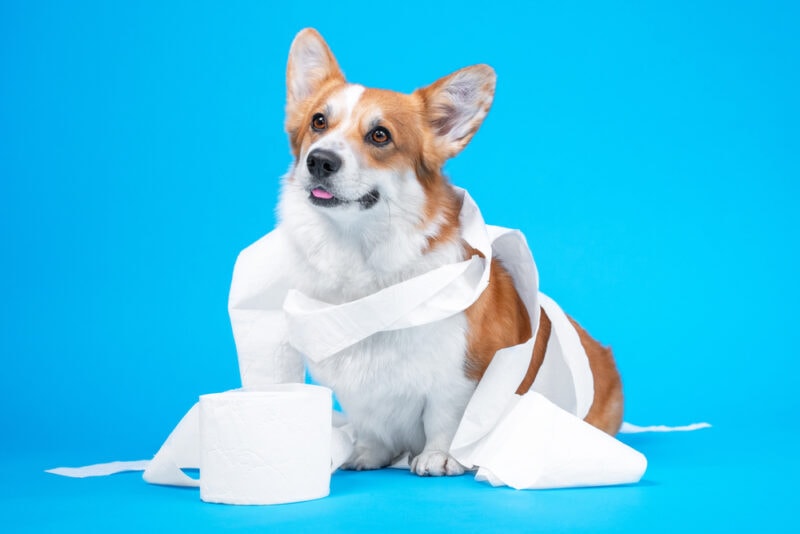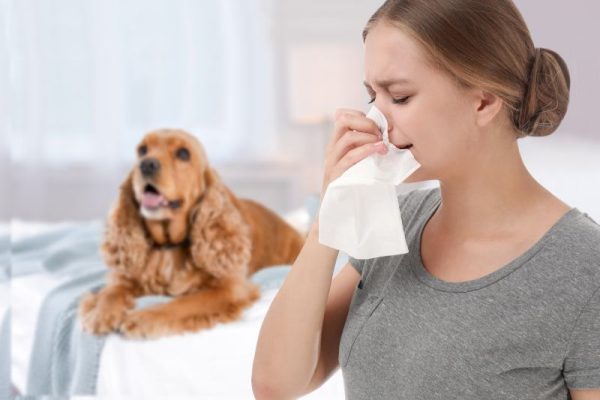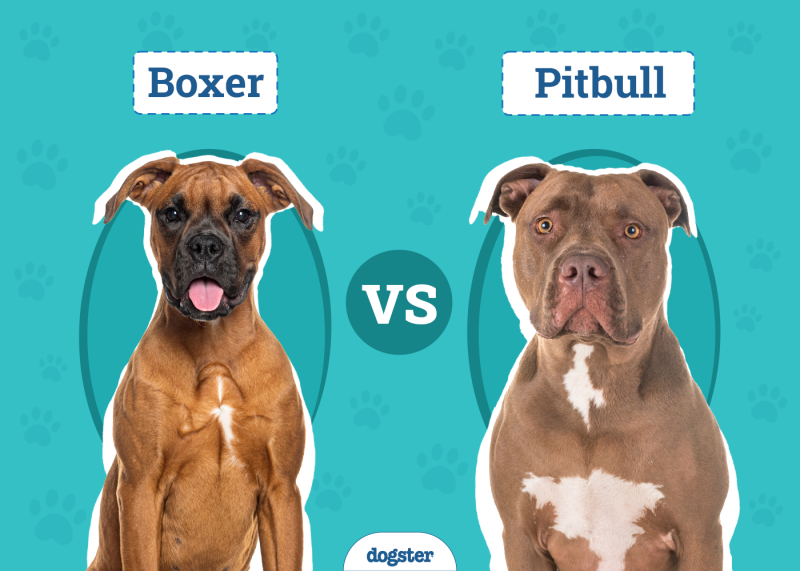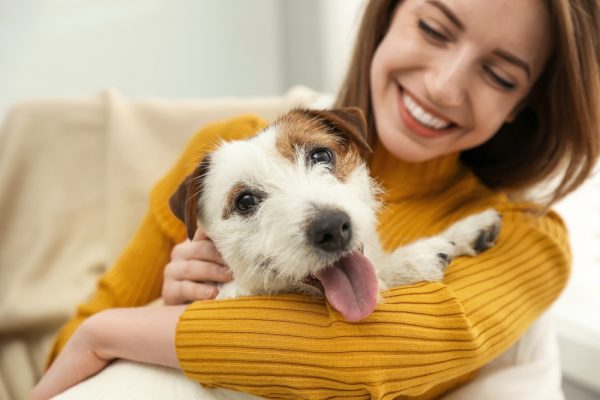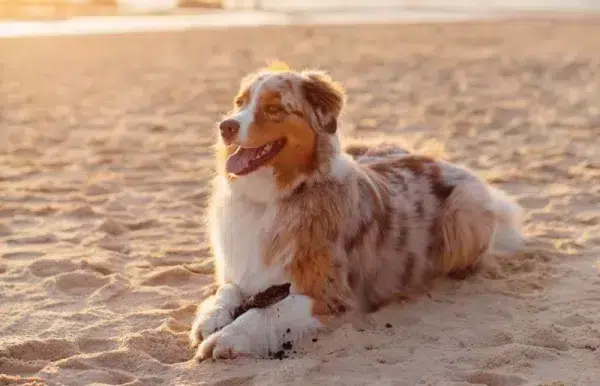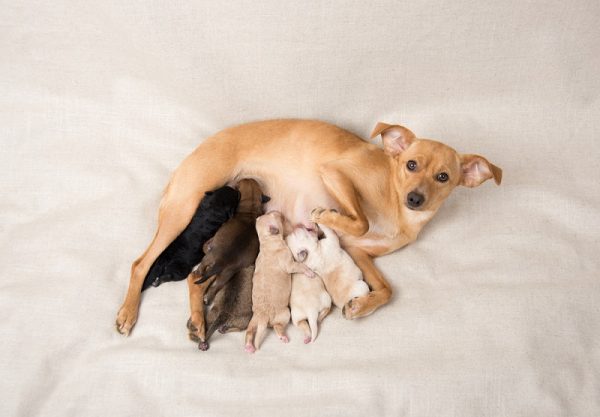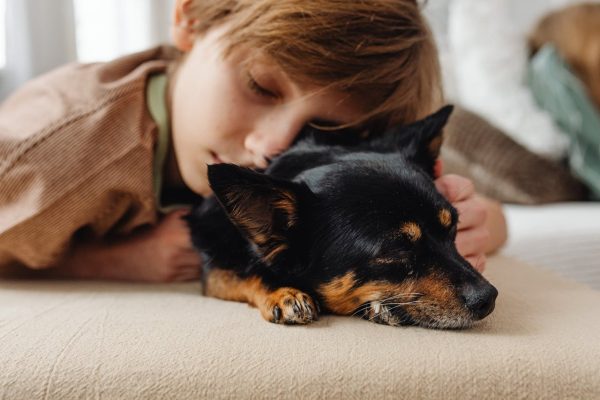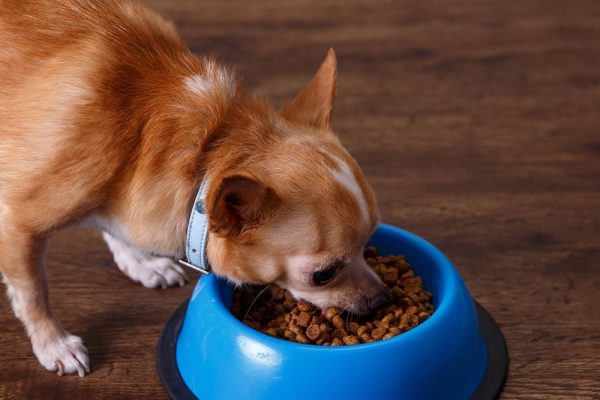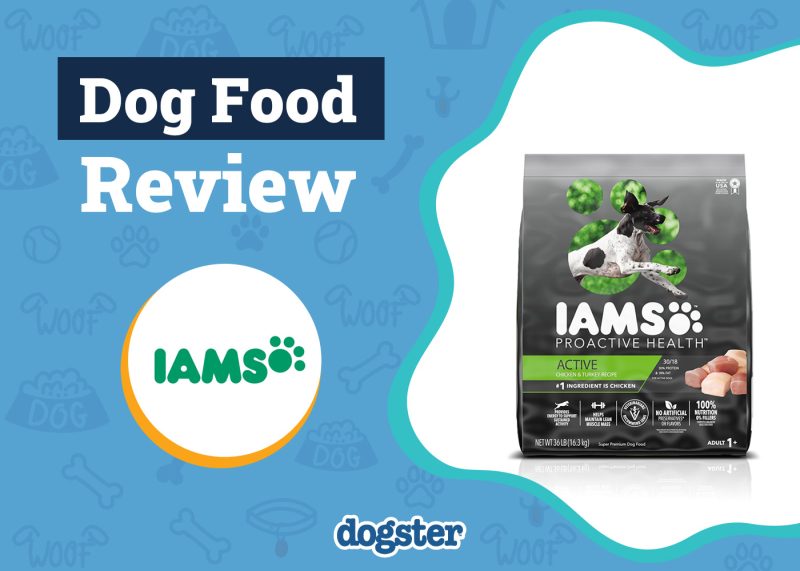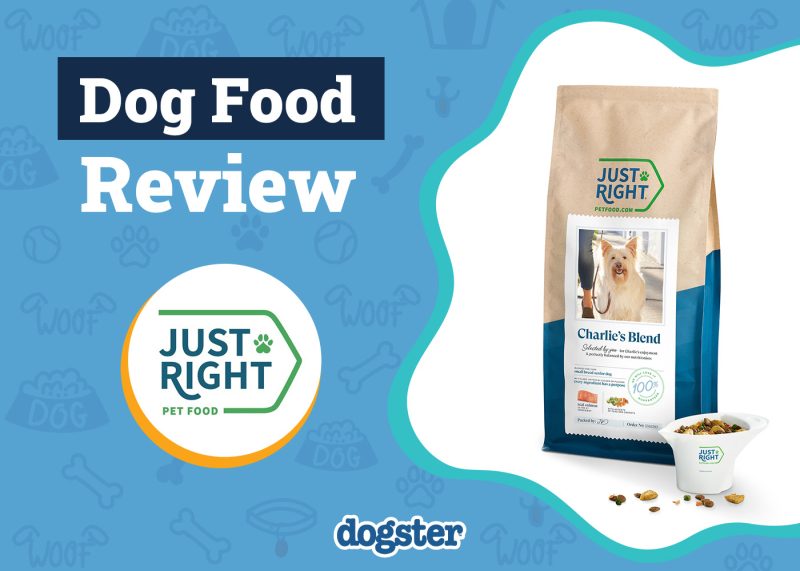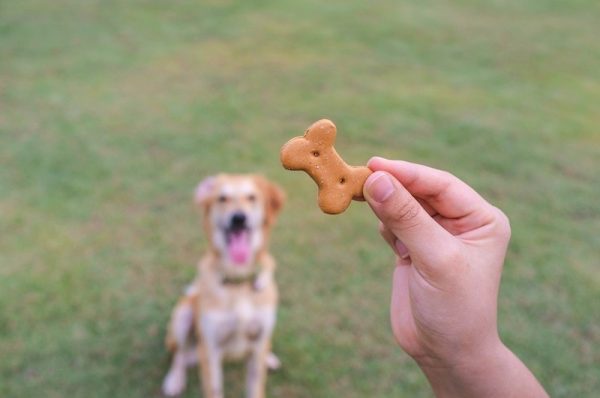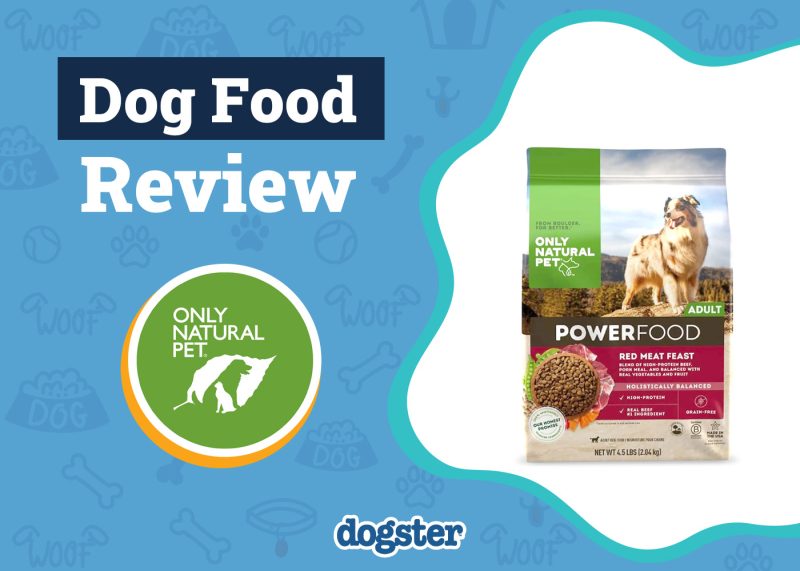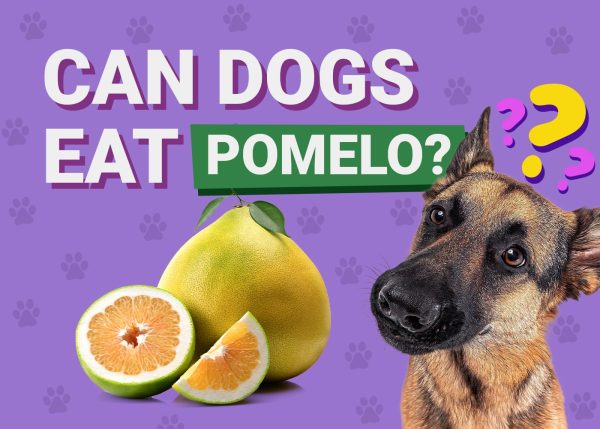Dogs do a lot of strange things, but eating toilet paper must be up there with some of the most bizarre canine behavior. There are several potential reasons why dogs eat toilet paper, including behavioral causes like boredom, stress, and instinctual behaviors, and medical issues like nutrient deficiencies and pica.
Unfortunately, this habit can result in severe health complications and very costly medical bills. Read on to learn why dogs eat toilet paper, why it’s so dangerous, and what you need to do to prevent this behavior.

Why Do Dogs Eat Toilet Paper?
There are various behavioral or medical reasons a dog might turn to toilet paper for a snack.
1. Behavioral Reasons Dogs Eat Toilet Paper
Boredom and curiosity are the driving forces behind many dog behaviors. This is especially true of puppies, who investigate their exciting, new world with their mouths. They also go through a teething period when they chew on everything they can get a hold of in an attempt to relieve their discomfort. However, adult dogs can maintain that puppy-like sense of curiosity well into their older years. They may find themselves attracted to toilet paper as its unique textures provide some fun and entertainment.
When most people think of dog instincts, they think of behaviors like digging holes, guarding property or people, bum snuffing, and burying bones. But eating toilet paper can be an instinct-driven behavior as touch sensations, such as the feeling of fur or feathers, often prompt dogs to want to tear, mouth, and shred objects that evoke similar sensations.
Canine anxiety and stress can also lead to toilet paper ingestion as your dog seeks out behaviors that soothe them.

2. Medical Reasons Dogs Eat Toilet Paper
Dogs missing crucial minerals may start craving non-food items like paper.
Pica is an eating disorder marked by dogs eating non-food items, it isn’t reserved for only toilet paper though. Dogs with pica can also eat garbage, metal, plastic, and pretty much anything they can get their mouths on. Some prefer clothing with their favorite human scent on it. This is a psychological, obsessive-compulsive habit, but it can result from nutritional deficiencies.
Dogs with gastrointestinal problems or parasites may turn to toilet paper ingestion due to extreme hunger. They may turn to non-food items in an attempt to satisfy their insatiable appetites.
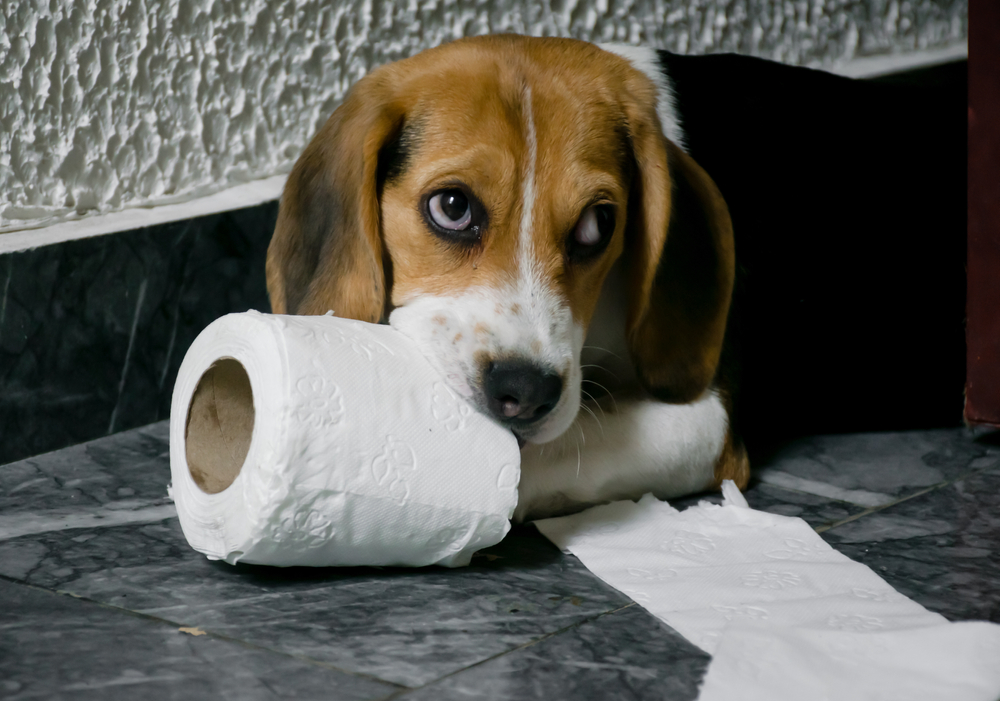

Risks of Toilet Paper Ingestion in Dogs
The most significant risk of eating toilet paper is that it can cause blockages in the intestines. These blockages will not only be costly to treat, but they can be life-threatening, too.
At the very least, eating toilet paper can cause serious digestive problems for your pup. They can have very upset stomachs and gastrointestinal issues like vomiting, diarrhea, infections, or even constipation as the toilet paper works its way through their digestive system.

How to Prevent Your Dog From Eating Toilet Paper
1. Encourage physical activity.
If your dog is turning to toilet paper to manage boredom or curiosity, it may just be that they need a little bit more physical and mental stimulation. Try increasing their physical activity by taking them for more walks, encouraging a mental workout by investing in puzzle feeders, or trying canine sports with them. Make sure that you spend some quality time playing with your pup on a daily basis.
2. Shut the door.
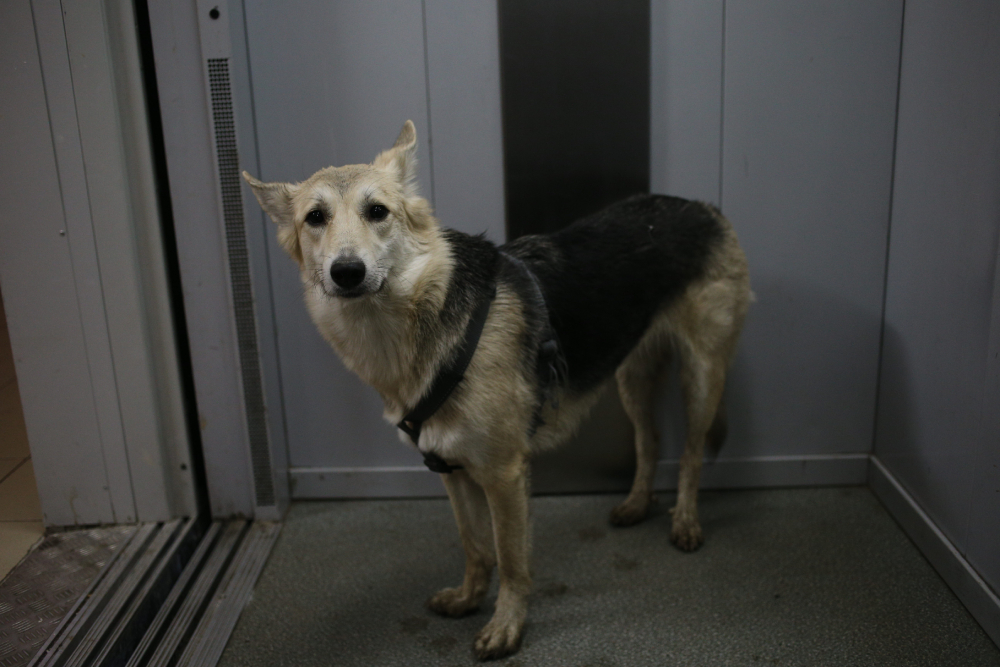
Perhaps the most effective way to put a stop to your dog’s T.P. eating habit is to keep your bathroom doors shut. If they’re unable to access their beloved toilet paper, they can’t eat it.
If you cannot shut your bathroom doors, put up baby gates to block off access to the room.
3. Hide your spare rolls of toilet paper.
Dogs are brilliant animals, and if your T.P. is stored somewhere they can easily access, they will do everything in their power to get at it. Keep your spare rolls locked up behind cabinets secured with baby locks to keep your pup out.
4. Buy chew toys.
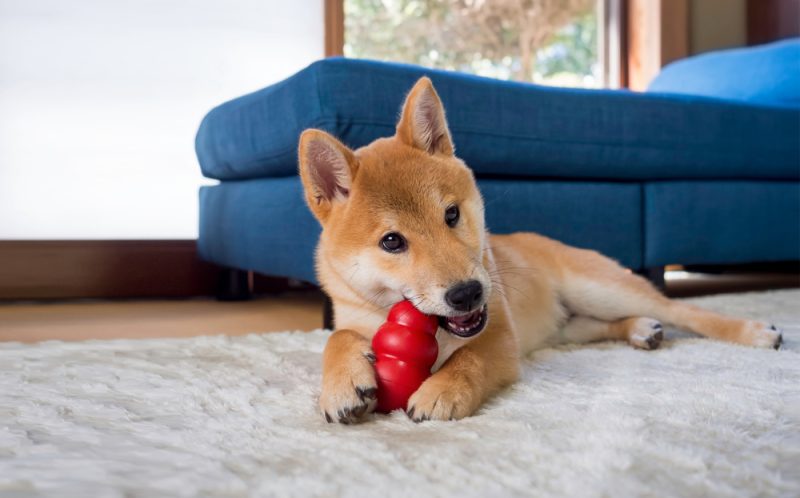
Chew toys are great because they allow dogs to relieve boredom and anxiety while catering to their natural instincts. Dogs who turn to toilet paper to satisfy their chewing instincts may respond well to high-quality chew toys.
5. Address stress and anxiety.
If your pup is eating toilet paper due to stress and anxiety, you need to determine what’s prompting their stressed-out behaviors. Have there been any recent changes to your dog’s lifestyle? Did you welcome a new pet or baby into the home? Have you been working away from home more than usual? Is your home getting renovated?
Once you know what’s making them feel anxious or stressed, you can address the problem. It may just be that they need some more time to themselves or a place to go when things feel too much for them.
6. Provide training.
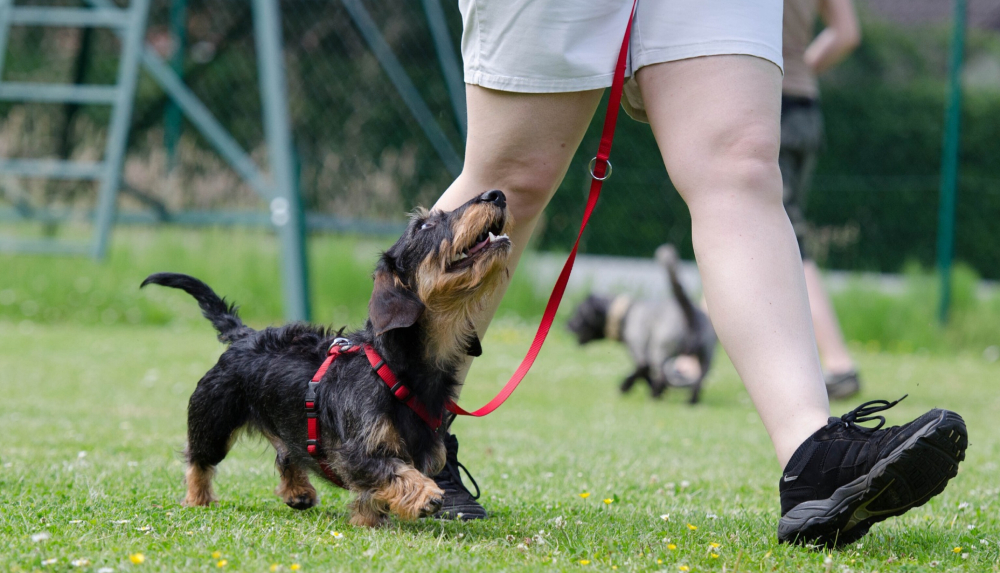
Teaching your dog basic obedience commands like “leave it” or “give” can go a long way in combating their T.P. eating habits. Though it may take some time and patience, training is key for teaching your pet that even though an object is within reach, it’s not inherently theirs.
7. React appropriately when you catch them in the act.
If you catch your dog eating toilet paper, do not react with aggression or panic. Instead, calmly walk over to them slowly, ask them to “leave it” and remove the toilet paper from their reach. The key is making this a non-event, so don’t yell or aggressively grab the T.P. from them. Replacing their toilet paper with a toy and then offering a treat for playing with the toy instead can help decrease the likelihood of your pup wanting to resource guard the paper product in the future. This is especially true if you reinforce your dog with their favorite treats whenever you notice them playing with them and not with the toilet paper.

Final Thoughts
Dogs eat toilet paper for a number of reasons, from boredom and curiosity to obsessive-compulsive disorders and nutritional deficiencies. Unfortunately, this habit can be costly to address and if your pup’s intestine gets obstructed, it could even cost them their life.
The key to stopping your pup’s T.P. eating habits will depend on the root cause. We recommend having your dog examined by your veterinarian first to rule out any potentially serious health issues. They can provide insight into whether your pup’s T.P. obsession is due to a behavioral or medical concern and make recommendations to help put a stop to this potentially dangerous behavior.
The most straightforward and sure way to prevent this is to make it physically impossible for your dog to reach the toilet paper, but that will require discipline and household-wide cooperation.
Featured Image Credit: Masarik, Shutterstock

